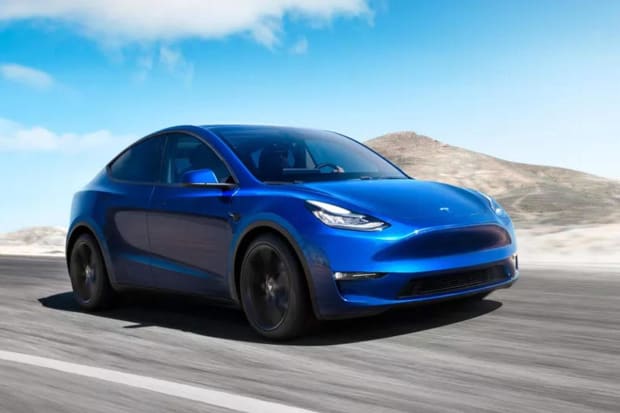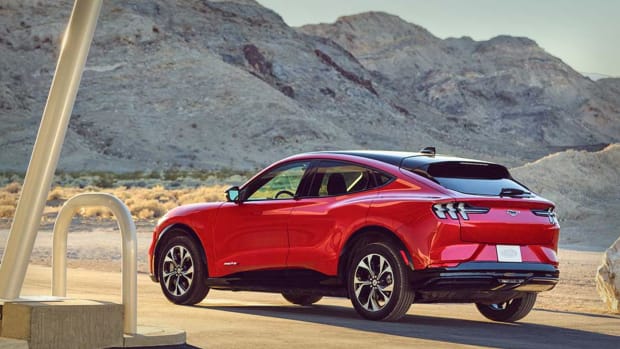Elon Musk, the whimsical CEO of Tesla (TSLA), never had to share the poster. In the film on the transformation of the automotive industry towards electrification, he plays almost all the characters.
He often is the hero, sometimes he is the villain and other times he appears as a guest star. Each of his appearances keeps the audience/financial markets spellbound. They dissect each of his tweets.
It is a position that the billionaire likes moreover and does not hesitate, like a screenwriter, to rewrite the scene when it does not fit with the expected effect.
And for good reason, Musk's artistic genius has pushed Tesla's market capitalization close to $1 trillion. It's currently around $909.37 billion dollars while Tesla only produced 930,422 vehicles in 2021 compared to several million units for conventional vehicle manufacturers.
But Musk will now learn to share the poster. Jim Farley, the CEO of Ford (F), who took the reins in October 2020 launched an electric revolution at no charge.
Ford will reorganize its electric vehicle manufacturing (BEV) and internal combustion engine car (ICE) or gasoline car production activities into two separate divisions.

Ford 'Just Destroyed Tesla's Plan'
The Dearborn, Mich.-based company also plans to produce more than 2 million electric vehicles per year and generate a 10% adjusted operating profit margin by 2026. It only sold roughly 64,000 of its all-electric Mustang Mach E crossovers globally in 2021, and posted a 7.3% adjusted operating profit.
"This just destroyed Tesla's plan," Jim Cramer reacted on Squawk on The Street. "He wants to do 2 million [cars annually]. I think Farley's ambitions are remarkable."
Cramer added that it's good that Ford's CEO didn't spin off the EV business unlike what hedge funds wanted "because the golden cash is generated by ICE, and EV needed money."
Cramer then delivered a sentence that Musk will probably not forget. The billionaire likes to remind his critics of all the times they chose someone else over him or another vehicle manufacturer over Tesla.
"I really think that when I listened to Farley Yeah, I would take Farley over musk in 2026," Cramer said.
Ford is expected to start producing 2 million electric vehicles per year in 2026. Along with the Mustang Mach-E SUV and E-Transit van currently on the market, Ford is set to debut the highly anticipated F-150 Lightning, the electric version of the best-selling F-150.

Ford
'I Vote Farley'
" I like it. I vote Farley," Cramer continued.
"He's making money on everything. Farley will not make something he doesn't make money on, which I think is incredible."
When asked if he agrees with Adam Jonas, automotive industry analysts at Morgan Stanley, that Ford's strategy will eventually become the model for classic vehicle makers, Cramer couldn't be more clear.
"I thought so," he said.
“We applaud Ford’s decision to take the first important step to optimize the competing missions of the EV/ICE businesses,” Jonas said Wednesday in an investor note. “In our opinion, other legacy auto OEMs [original equipment manufacturers] may be planning something similar. Ford leads the world in actually announcing it.”
Automakers are currently in a race to electrify their product portfolios in order to establish themselves in consumer garages. In this fierce battle, they surrender blow for blow.
Ford's new objectives thus resemble those set by GM, which announced in 2021 that it wanted to double its annual revenues and produce 2 million electric vehicles per year in the United States and China in 2025.
In recent months, Ford has also poached top talent from Tesla. The company hired Doug Field, a former Apple and Tesla tech executive, in September. Field is going to be chief EV and digital systems officer within Model e. Farley is President, Model e, in addition to his role as President, CEO Ford Motor Co.
He will work with Alan Clarke, who most recently worked as director of new programs engineering at Tesla. Clarke joined Ford in January in advanced EV development.







